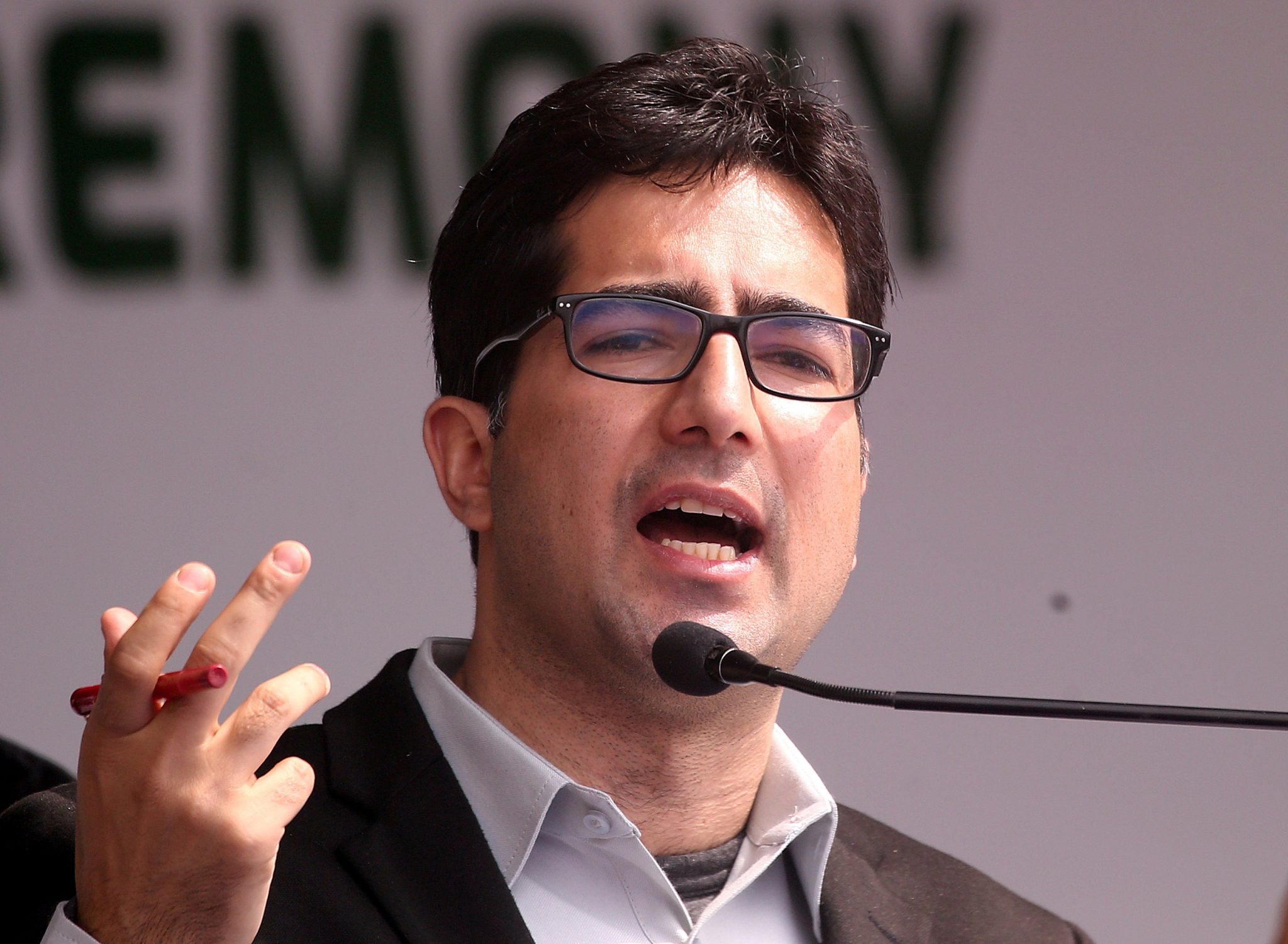Shah Faesal, a Kashmiri IAS official, resigned from the bureaucracy in January 2019 and said it was “a little act of resistance” prompted by many “provocations.” “I’m performing a little act of rebellion to remind the federal government of its obligations to the people of Jammu and Kashmir,” he continued.

Faesal’s resignation was never recognised by the government, and authorities from the Union Home Ministry verified his reinstatement in the public service on Thursday.
“While pursuing a chimaera, I lost practically everything that I had achieved over the years,” the IAS official tweeted earlier in the day, hinting to his return to the bureaucracy. Friendship. Work. Reputation. Goodwill among the general public. However, I never gave up hope. My idealism had failed me.”
“I had trust in myself,” he continued. That I would correct the errors I had committed. That life would provide me with a second opportunity. A part of me is tired of remembering those eight months and wants to forget about it. Much of it has already been consumed. I think that time will take care of the rest… I’m definitely looking forward to starting fresh.”
He was referring to the eight months following his resignation that he spent forming his political organisation, the Jammu and Kashmir People’s Movement. “Bureaucracy worked inside its own domain,” Faesal stated in an interview with The Indian Express at the time. Politicians cannot be dictated to by bureaucracy. A politician is a representative of the people’s will.” He also referred to the Hurriyat as “the caretakers of the people’s feelings in J&K.”
Faesal, who hails from Sogam in North Kashmir, shot to fame in 2010 when he became the first Kashmiri to pass the civil services test. He was a trained doctor who was assigned to the J&K cadre and served in numerous roles in the erstwhile state, notably in the education and power development sectors.
Faesal, who founded his party in March 2019 clad in a traditional shalwar-kameez and blazer, cited Pakistan’s former Prime Minister Imran Khan as an example, saying, “History is testimony to the fact that anytime a new concept or a new revolution materialises, it is first ignored.” He said that his party will bring “fresh politics” to an area plagued by “betrayals” over the past 70 years.
Following the government’s removal of J&K’s special status in August 2019 and a crackdown on communications, mobility, and the region’s political leadership, Faesal continued to express worries about “unprecedented constraints” on the lives of J&K’s inhabitants. He was detained and returned to Srinagar after being denied boarding on a trip to Istanbul from Delhi.
He spent the next ten months in captivity, first in the Sher-e-Kashmir International Conference Centre (SKICC) and subsequently at the MLA hostel in Srinagar, with political figures like PDP’s Naeem Akhtar and Waheed Para, People’s Conference chairman Sajad Lone, and NC’s Ali Mohammad Sagar.
Faesal was arrested under the Public Safety Act after six months of preventative detention (PSA). He was accused of encouraging “soft separatism” through his writings, tweets, and social media posts, which constituted to “a possible threat to public order,” according to a 90-page dossier.
The PSA charges were withdrawn in June 2020, and Faesal was freed. Before abandoning politics and withdrawing from his party in August 2020, he spent further time in house confinement.
Faesal erased his tweets and began again last year, escalating SOS appeals during the Covid-19 outbreak and praising the Centre for its immunisation efforts. “Prime Minister’s effort has aroused lot of anticipation across Jammu and Kashmir,” he tweeted after a meeting between Prime Minister Narendra Modi and the political leadership of Jammu and Kashmir in June 2021. Everyone I spoke with in Kashmir said that something positive is occurring for the first time in a long time. “May the duri come to an end soon.”











